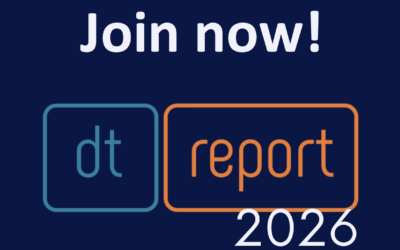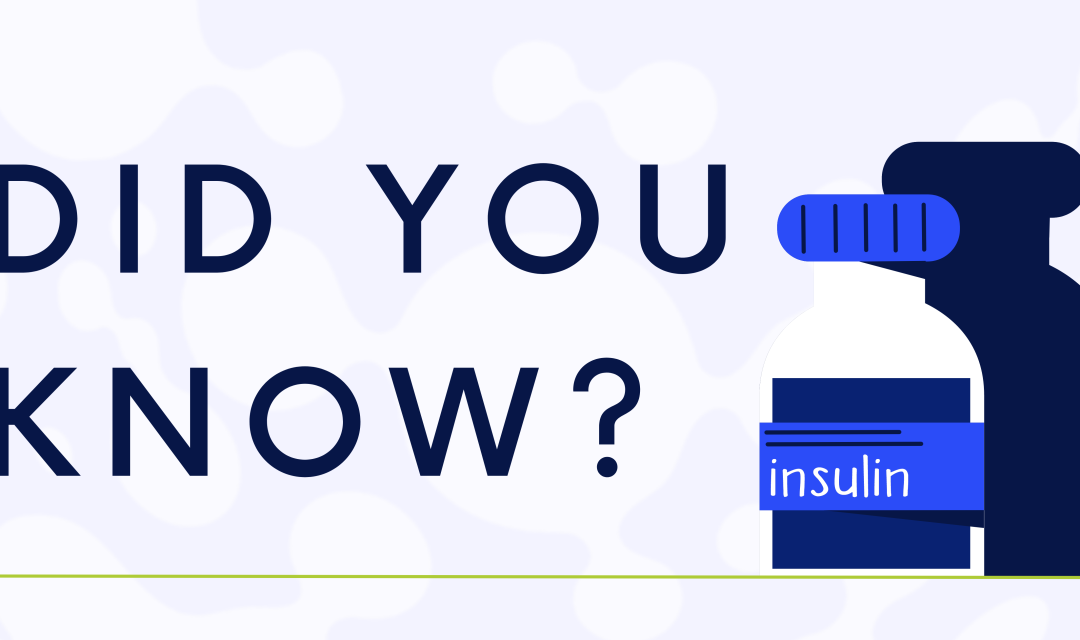Die Umfrage für den DT-Report 2026 ist ab sofort verfügbar – Seien Sie dabei und gestalten Sie die Zukunft der...

José Garcia-Tiradotritt die Stelle als Professor mit Schwerpunkt Technologiegestützte Präzisionsmedizin für Stoffwechselkrankheitenan
José Garcia-Tiradotritt die Stelle als Professor mit Schwerpunkt Technologiegestützte Präzisionsmedizin für Stoffwechselkrankheitenan
Die neu geschaffene Assistenzprofessur mit Tenure Track ist die zweite von insgesamt drei Professuren im Bereich «Diabetestechnologie und künstliches Pankreas», die gemeinsam von der Universität Bern, der Inselgruppe und dem Diabetes Center Berne (DCB) geschaffen wurden.
Forschungsschwerpunkt vollautomatische Insulinabgabe
Vor seinem Stellenantritt war Garcia-Tirado an der UniversitätVirginia als Assistenzprofessor tätig. In seinem Forschungsschwerpunkt geht es insbesondere um dievollautomatische Insulinabgabe, auch künstliche Bauchspeicheldrüse (Pankreas) oder Closed-Loop-Systemgenannt sowie die Durchführung von entsprechenden klinischen Studien.
Derek Brandt, CEO des DCB ergänzt:„Neben Lilian Witthauer, Professorin im Bereich Sensorechnologie, haben wir mit Professor Garcia-Tirado für das Thema Closed-Loop-Systeme einen zweiten und wichtigen Schritt getan. Dies ermöglicht uns, im Bereich der translationalen Diabetestechnologie-Forschung eine internationale Vorreiterrolle zu spielen. Wir setzen alles daran, das tägliche Leben für Menschen mit Diabetes weiter zu verbessern„.

José Garcia-Tirado
Neuigkeiten
DT-Report 2026: Jetzt teilnehmen!
Alva Innovations gewinnt die DCB Open Innovation Challenge 2025
Bern, 6. November 2025. Das Start-up Alva Innovations hat den ersten Platz bei der DCB Open Innovation Challenge...
Ein Tag der Innovation: Schweizer Diabetes-Technologie und mehr
Begleiten Sie uns am 5. November 2025 auf der sitem-insel in Bern zu einem Tag, der inspirierenden Ideen und neuen Perspektiven im Bereich der Medizintechnik, der Diabetestechnologie und darüber hinaus gewidmet ist.






